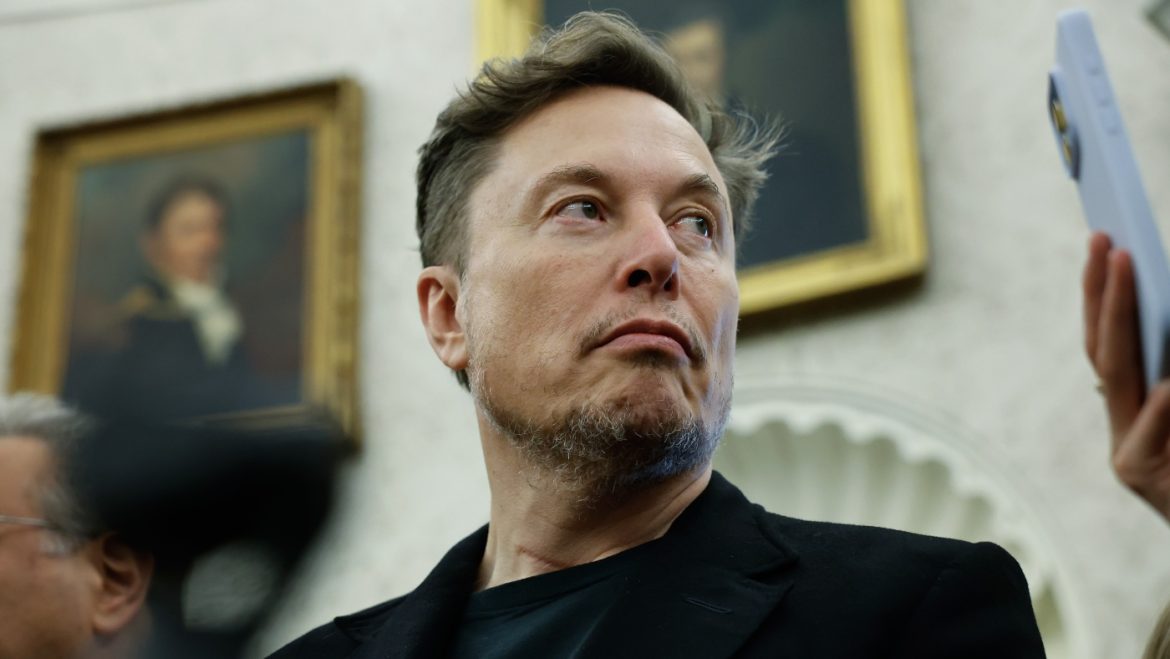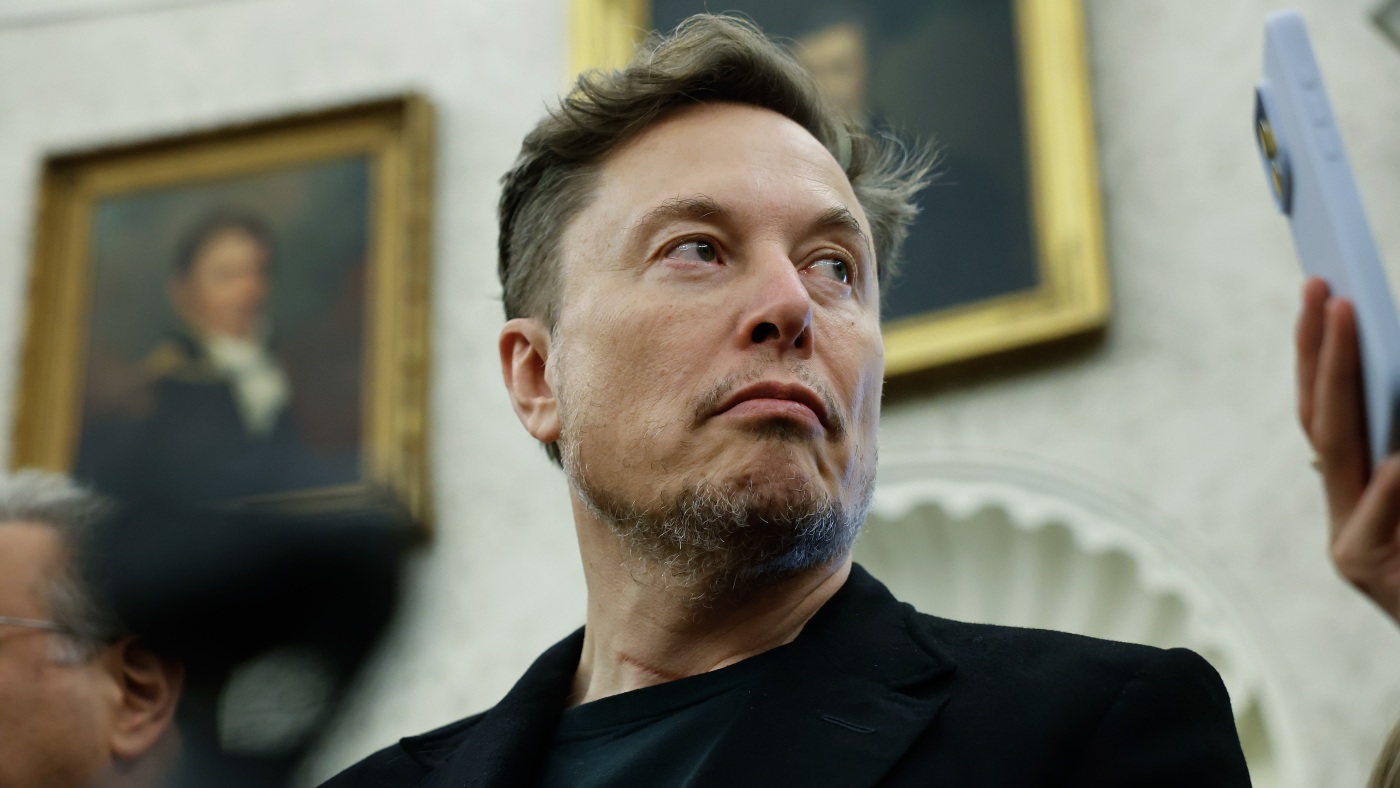Elon Musk, DOGE, and the Legal Battle Over Government Power
The unfolding legal confrontation involving Elon Musk and the Department of Government Efficiency (DOGE) has captured national attention with a complex mix of politics, governance, and the role of private individuals in federal operations. This report unpacks the developments, legal challenges, and implications surrounding the lawsuit initiated by 14 U.S. states against Musk and DOGE for alleged unconstitutional conduct.
—
Background: Musk’s Role and the Genesis of the Lawsuit
Elon Musk, widely known for his ventures in technology and space exploration, took an unprecedented role within the federal government as the head of the Department of Government Efficiency (DOGE) during the Trump administration. Charged with overhauling federal spending and workforce management, Musk orchestrated sweeping cuts to federal programs, accessed government data systems, terminated contracts, and dismissed federal employees.
These actions triggered a lawsuit filed by a coalition of 14 states. The plaintiffs argue that Musk, a private billionaire, wielded power in violation of constitutional norms and federal statutes, asserting that DOGE operated beyond its legal authority. The lawsuit challenges the legality of Musk’s influence over government operations and seeks judicial relief against what they describe as unlawful and unconstitutional power grabs.
—
Judicial Developments: Courts Allow the Case to Proceed
U.S. District Judge Tanya Chutkan has become a pivotal figure in this saga. On multiple occasions, Judge Chutkan rejected motions to dismiss the lawsuit, effectively allowing the states to advance their claims against Musk and DOGE. This includes a refusal to block Musk’s department from accessing federal data or halting its operations temporarily, though the judge acknowledged the serious constitutional questions raised by the case.
The Justice Department’s requests to dismiss or stay the proceedings were denied, underscoring the judiciary’s willingness to scrutinize Musk’s administration of DOGE. The court’s stance highlights the tension between urgent government restructuring and adherence to lawful limits on power.
Further complicating the matter, the Supreme Court imposed a temporary hold on demands for internal records from Musk’s department and the Office of Management and Budget, indicating ongoing debates over transparency and executive privilege.
—
Key Allegations: Illegal Data Access and Workforce Control
At the heart of the lawsuit are charges that Musk and DOGE improperly accessed sensitive government data systems and engaged in actions such as canceling contracts and firing federal employees without proper authority. The states contend these moves violated federal employment laws and administrative procedures designed to ensure accountability and fairness.
Critics argue that Musk’s unique position blurred the lines between private interests and public responsibilities, raising concerns about oversight and the potential for abuse of power. Musk’s approach to government efficiency has been described by opponents as a “power grab,” potentially undermining both institutional norms and worker protections within the federal government.
—
Political and Social Context: Government Efficiency or Overreach?
The controversy surrounding Musk’s role in DOGE reflects broader debates on how best to reform the sprawling federal bureaucracy. On one hand, proponents of Musk’s efforts emphasize the need for drastic cuts and modernization to make government more efficient and fiscally responsible.
On the other hand, the coalition of states, supported by labor, economic organizations, and civil rights groups such as the Japanese American Citizens League, voice concerns about the legality and fairness of DOGE’s tactics. They warn that Musk’s unchecked power risks setting a dangerous precedent whereby private individuals wield executive authority without sufficient checks and balances.
Public statements from officials like Arizona Attorney General Kris Mayes capture this tension, pledging ongoing legal resistance to ensure adherence to the law.
—
Legal Implications: Constitutional and Administrative Law Under Scrutiny
The lawsuit raises complex constitutional questions about the separation of powers and the limits of executive authority, especially when exercised by a private individual over public functions. It challenges traditional boundaries of government operations and tests the judiciary’s role in policing these boundaries.
From an administrative law perspective, the case probes issues of due process, government contract regulations, and protections for federal employees. The outcome could influence future governance structures and the parameters within which government efficiency reforms can be pursued.
—
The Road Ahead: Ongoing Litigation and Uncertain Outcomes
As the 14 states continue their pursuit of legal redress, Elon Musk faces sustained judicial scrutiny and public debate over his role in the federal government. The case will likely proceed through discovery phases, potential appeals, and possibly further Supreme Court involvement.
Key questions remain about the extent to which Musk’s leadership of DOGE can be reconciled with constitutional principles. The legal battles illustrate the complexities of blending private-sector approaches with public governance, especially in politically charged environments.
—
Conclusion: A Turning Point in Government Accountability
The lawsuit against Elon Musk and DOGE is more than a legal dispute; it is a defining moment for the U.S. federal government’s accountability frameworks. The judiciary’s decision to let the case proceed reinforces democratic safeguards by insisting that even powerful figures within government remain subject to law.
As the drama unfolds, stakeholders and observers alike will watch closely to see how principles of constitutional governance, administrative fairness, and executive power balance out in one of the most unusual and consequential legal battles of recent times. This case could reshape how government efficiency initiatives are conducted, setting new standards for transparency, legality, and the role of private actors in public administration.


